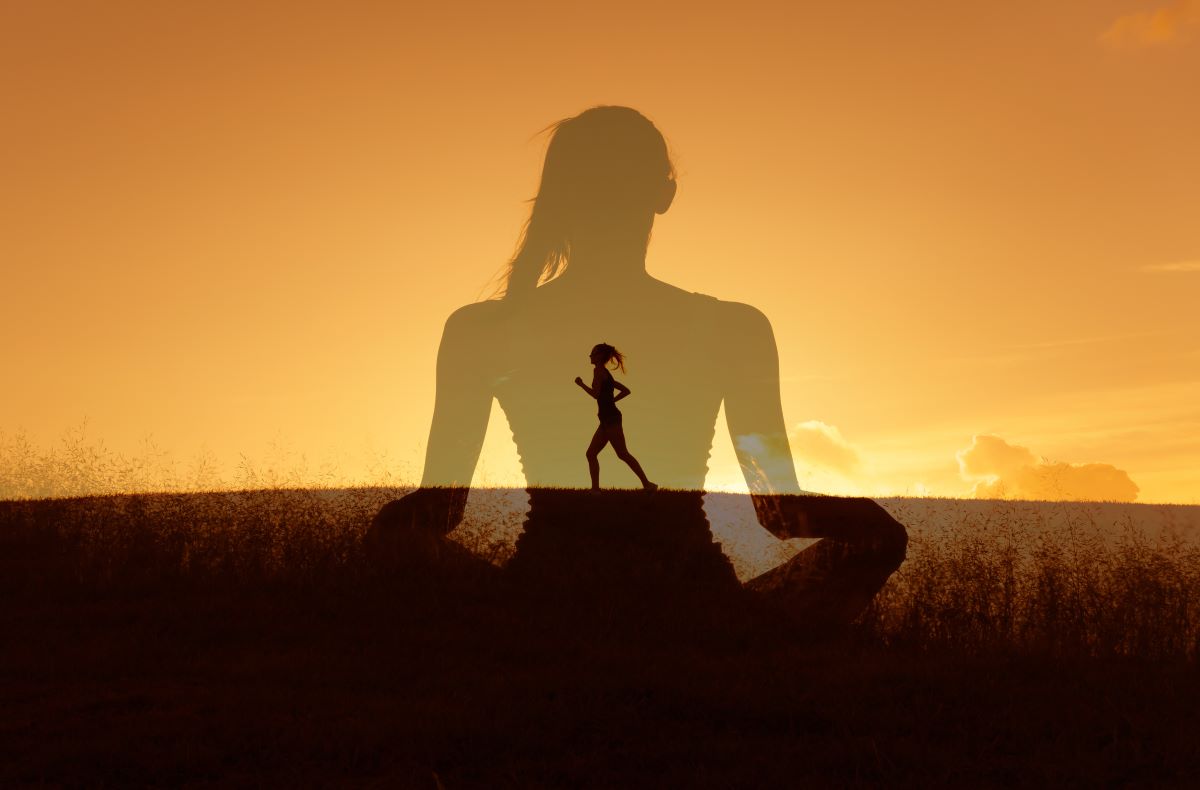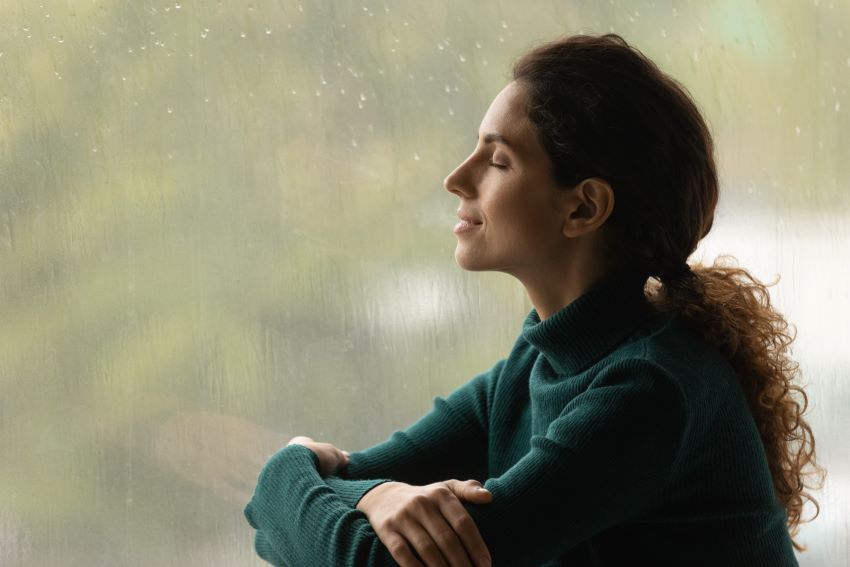Buddy Dustin McMillan
I was born and raised in Clearfield, Utah. I have explored many different avenues along the way. I have a Bachelor’s Degree in Criminal Justice, I have been a General Contractor, a Youth Counselor, a Special Education Teacher and a Licensed Spanish Medical Interpreter. I taught construction courses at the Utah State Prison.
I was diagnosed with Bipolar Disorder in the early 2000’s. Mental illness is generational on both sides of my family. After my diagnosis I have discovered multiple avenues to navigate through the darkness leading me to find the light. My journey has taken me down many winding roads.
It is my hope that I can use my experience to help someone along their journey. I have been very fortunate to have had a great support system with an understanding family and good doctors. The path has been very long and dark at times but I have always been able to find that flicker of hope to keep going. I know that with the right tools those struggling with mental illness in any form can find a way to cope and even achieve some healing in their lives.

Mental illnesses are primarily disorders that affect thoughts, emotions, and behaviors, but they can also have physical manifestations. The mind and body are interconnected, and mental health can influence physical health and vice versa. Exercise is key in helping the body and mind to interconnect. Here are some physical aspects associated with mental illness:
The intersection of spirituality and mental illness is a complex and nuanced area that can vary greatly depending on individual beliefs, cultural backgrounds, and personal experiences. People may draw on their spiritual or religious beliefs to cope with mental health challenges, find meaning in their struggles, and seek support from their communities. Here are some perspectives on the spiritual aspects of mental illness:


The emotional aspect of mental illness is a complex and significant component of the overall experience. Mental illnesses can affect emotions in various ways, often leading to intense and distressing feelings. Here are some key points to consider:
Coping skills can vary based on individual preferences and the specific mental health condition. I use the following to help me to cope. Sometimes I use one skill, sometimes I use them all. Different situations call for different skills. Practicing these coping skills over and over until they become second nature can prove to be beneficial in overcoming stress and anxiety especially.

© Copyright Buddy Writes | All Rights Reserved